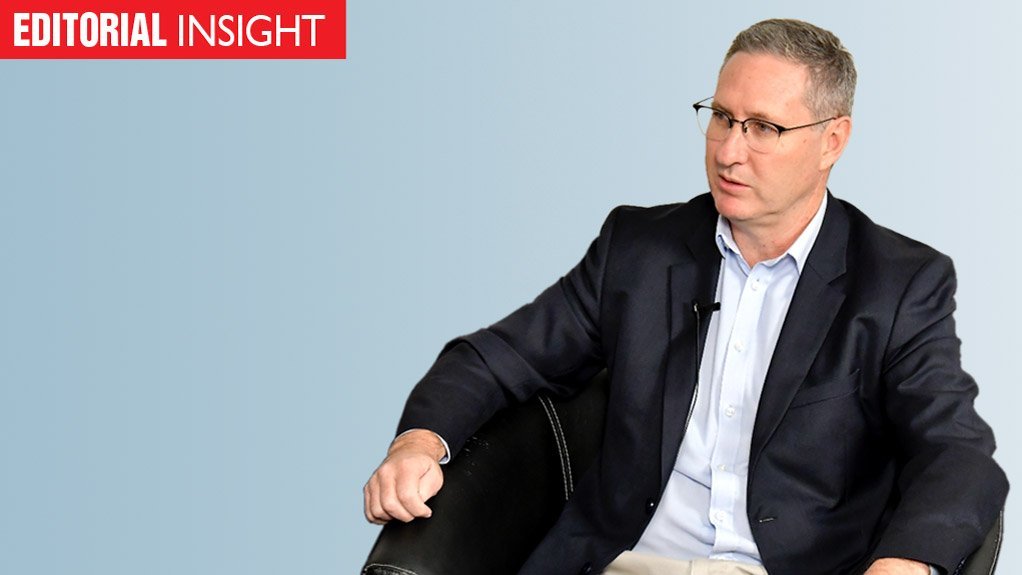It is good news that President Cyril Ramaphosa has finally gazetted a notice declaring that Section 6 of the National Energy Act, which stipulates that an Integrated Energy Plan (IEP) be crafted in consultation with stakeholders and be regularly updated, should come into operation from April 1, 2024.
The move follows tireless efforts from environmental justice organisations, Green Connection and the Southern African Faith Communities Environment Institute, which launched legal action in January to have Section 6 implemented, having sought, unsuccessfully, to persuade the President to act for two years previously.
Ramaphosa’s decision to delay implementation for a year is curious, however.
South Africa is in an energy crisis that is undermining the country’s ability to grow, create jobs and to implement the social and economic programmes needed to help it overcome the extreme poverty and inequality that continue to bedevil the country and that regular power cuts are serving to deepen.
Why delay the implementation of an overarching vision and strategy for the energy sector that has arguably been urgent for longer than the country has had loadshedding (some 16 years)? Had a coherent and regularly updated framework prevailed, would it not have been possible to avoid the type of mixed messages that have emerged from the side of government as the crisis deepened?
These questions notwithstanding, there is arguably both potential peril and virtue in the President’s ‘pregnant pause’, which effectively delays the start of work on the IEP.
The peril lies mainly in the fact that the vacuum will continue to be filled by half-baked, populist so-called solutions premised on economic, environmental and industrialisation theories more attuned to the start of the twentieth century than the current one. Worse yet is the risk that the vacuum is filled by long-life, perhaps even corrupted, projects that are entirely out of kilter with what a well-conceived IEP would countenance.
However, given that the battle for the soul of the energy transition has intensified in recent years (amplified by geopolitical developments outside of South Africa’s direct influence) and political temperatures are rising ahead of elections where energy (or the lack thereof) will be a key feature, there may also be some virtue in not diving headlong into an IEP consultation process.
In such a climate, the potential for mistakes and manipulation (in the name of policy adjustments) is significant.
Indeed, there is considerable anxiety about what could emerge when the Department of Mineral Resources and Energy revises the Integrated Resource Plan for electricity, a key input into an eventual IEP. No consultation has taken place, but the signals are that these revisions could emphasise a politically expedient mix of technologies, rather than an evidence-based assessment of what would be in the long-term interests of South Africa in a world that is electrifying, decarbonising and decentralising.
In other words, while a science-led IEP is definitely essential to set the country on a sound energy- transition path, the prevailing political economy is not currently highly supportive of such an outcome.
EMAIL THIS ARTICLE SAVE THIS ARTICLE ARTICLE ENQUIRY
To subscribe email subscriptions@creamermedia.co.za or click here
To advertise email advertising@creamermedia.co.za or click here











